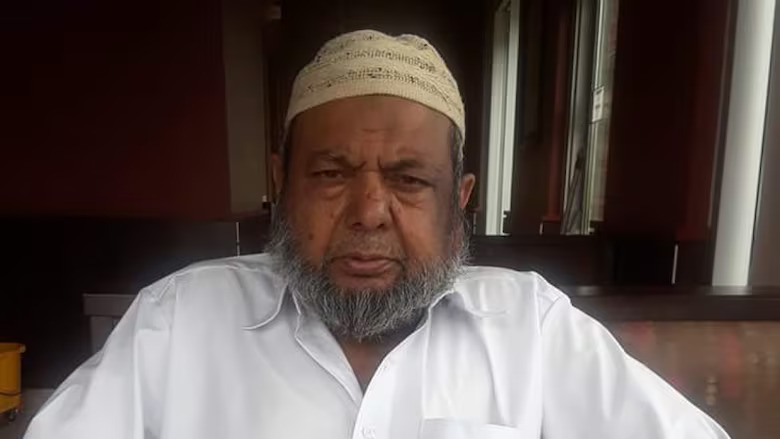Officers Decline Comment as Family’s $22M Lawsuit Proceeds
More than four years after Ejaz Ahmed Choudry, a 62-year-old father of four with schizophrenia, was shot and killed by Peel police, the names of the officers involved have been revealed through newly filed court documents. The revelation follows a lengthy legal battle to keep their identities secret.
Choudry was fatally shot inside his Mississauga apartment in June 2020 after his family called a non-emergency line, concerned that he was not taking his medication. Paramedics contacted police, who later forced entry into his home, citing safety concerns. Within seconds, police deployed a Taser, fired three rubber bullets, and then shot him twice in the chest with live rounds.
The officers involved had previously sought to prevent their names from being made public, arguing that exposure could lead to safety risks. However, an Ontario judge ruled against the publication ban, stating that the public had the right to know who was involved in Choudry’s death.
“This is not simply about disclosing their identities,” said Choudry’s daughter, Nemrah Ahmad. “It is about putting faces to the decisions that led to the loss of my father.”
Ahmad emphasized that public accountability is crucial to ensuring transparency and justice, stating that while it will not bring her father back, it will prevent those responsible from remaining anonymous.
According to court documents, the officer who shot Choudry was identified as Jason Sandilands. He and two other officers, Adam Paiement and Marc Charlebois, entered Choudry’s balcony during the operation. Duty Inspector Scott Brennan devised the plan to apprehend Choudry, while Marc Roach requested a tactical response unit.
Notably, Sandilands had been involved in a controversial incident in 2006, where he was accused of tipping a paraplegic man from his wheelchair during an arrest. The case was widely reported, and though Sandilands denied wrongdoing, the event raised concerns about his conduct.
Paiement was also previously involved in a fatal police encounter in 2015, where he and two other officers shot and killed Marc Ekamba, a 22-year-old experiencing a mental health crisis.
In a statement of defense, police asserted that they acted out of concern for Choudry’s safety and that he had approached officers “in a threatening manner” with a knife. Ontario’s Special Investigations Unit (SIU), which reviews police conduct in such cases, did not lay charges, stating that the officers were the sole witnesses to Choudry’s actions.
The family’s lawsuit, however, argues that police escalated a mental health distress call into a high-risk operation and “deployed deadly force without justification.”
Peel police have faced mounting criticism for their handling of mental health crises, particularly among racialized communities. No Peel police officers have been charged in connection with an in-custody death in over a decade, despite multiple fatal encounters, including the deaths of Clive Mensah (2019), Jamal Francique (2020), and D’Andre Campbell (2020).
Superior Court Justice Paul M. Perell rejected the argument that revealing the officers’ identities would put them at significant risk, citing a lack of evidence that any Canadian police officer has ever been harmed due to public identification.
“We have been left to grieve, rebuild our lives, and fight for justice in a system designed to shield those responsible,” said Ahmad. “My father deserved better.”
As the lawsuit continues, the Choudry family remains determined to seek justice, ensuring that his story is not forgotten.
courtesy Shanifa Nasser, CBC News

